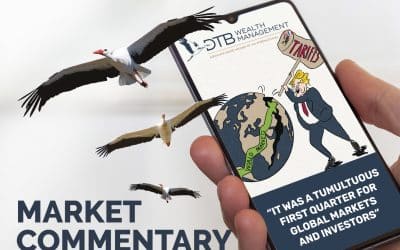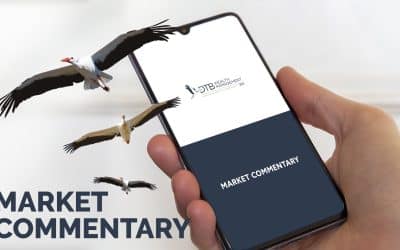If you’re worried about moving your UK pension to France because of high taxes, try this method from expat wealth expert Daniel Butcher. Not only will you be taxed lightly, but the transfer time will be faster than expected…
France is the most advantageous country in Europe when it comes to buying back a UK pension fund as capital. While most countries tax the amount as another income – some up to 45% – by following a certain process in France, guided by a qualified and licensed cross border financial adviser, pension holders end up paying around a quarter of this high rate.
Expats who want to move their pension across from the UK to France can owe as little as 7.5% income tax on the entire amount, after a 10% allowance – and S1 form holders (given by the NHS Business Service Authority) will not have to pay the additional 9.1% social charge. This is possible by making an “in full withdrawal” of the UK pension policy, which ceding UK pensions will generally authorise when requested.
Getting the correct professional financial advice is crucial here as we apply the international convention written between France and the UK to avoid double taxation
Expat wealth management expert Daniel Butcher, owner of DTB Wealth Management, then recommends taking out an Assurance Vie (AV) fund in Luxembourg.
“AV is the best solution for anyone looking to grow their wealth, protect themselves and their family and override most of Frances inheritance rules,” said Daniel. “It really is the fastest and most financially beneficial option and Luxembourg offers a 100% guarantee on assets invested in AV, due to the ‘triangle of security’ in the Grand Duchy of Luxembourg.”
Traditionally the preferred route has been QROPS, but the process has become long-winded and costly. “Instead, by using the “in full withdrawal” route pensioners can easily save at least 2% establishment fees and €1,250 annual QROPS trustee fees,” said Daniel.
This “in full withdrawal” route is only applicable to over 55s with personal pensions, such as defined contribution pensions, stakeholder pensions or SIPPs. However, once underway, a few documents must be completed by the transferring issuer or trust. They will withhold the tax payable to HMRC, which DTB Wealth Management will claim back for their client. Then pension holders receive an amount, net of UK taxes, in the Luxembourg AV contract account, which would have been opened for this purpose and ready to receive the transfer.
“Getting the correct professional financial advice is crucial here as we apply the international convention written between France and the UK to avoid double taxation,” said Daniel, who helps his clients through every stage of the process.
On receipt of the net sum, DTB Wealth Management sends a request, signed by the local French tax office to the UK HMRC, using a ‘France DTA form’, and within two months HMRC send a cheque, in Sterling, for the full amount of the levy. The sum is then added to the capital already in the Luxembourg AV policy.
“This is the ultimate solution for British expats,” said Daniel.
Photo by Andrea Piacquadio

 HELPLINE:
HELPLINE: 


